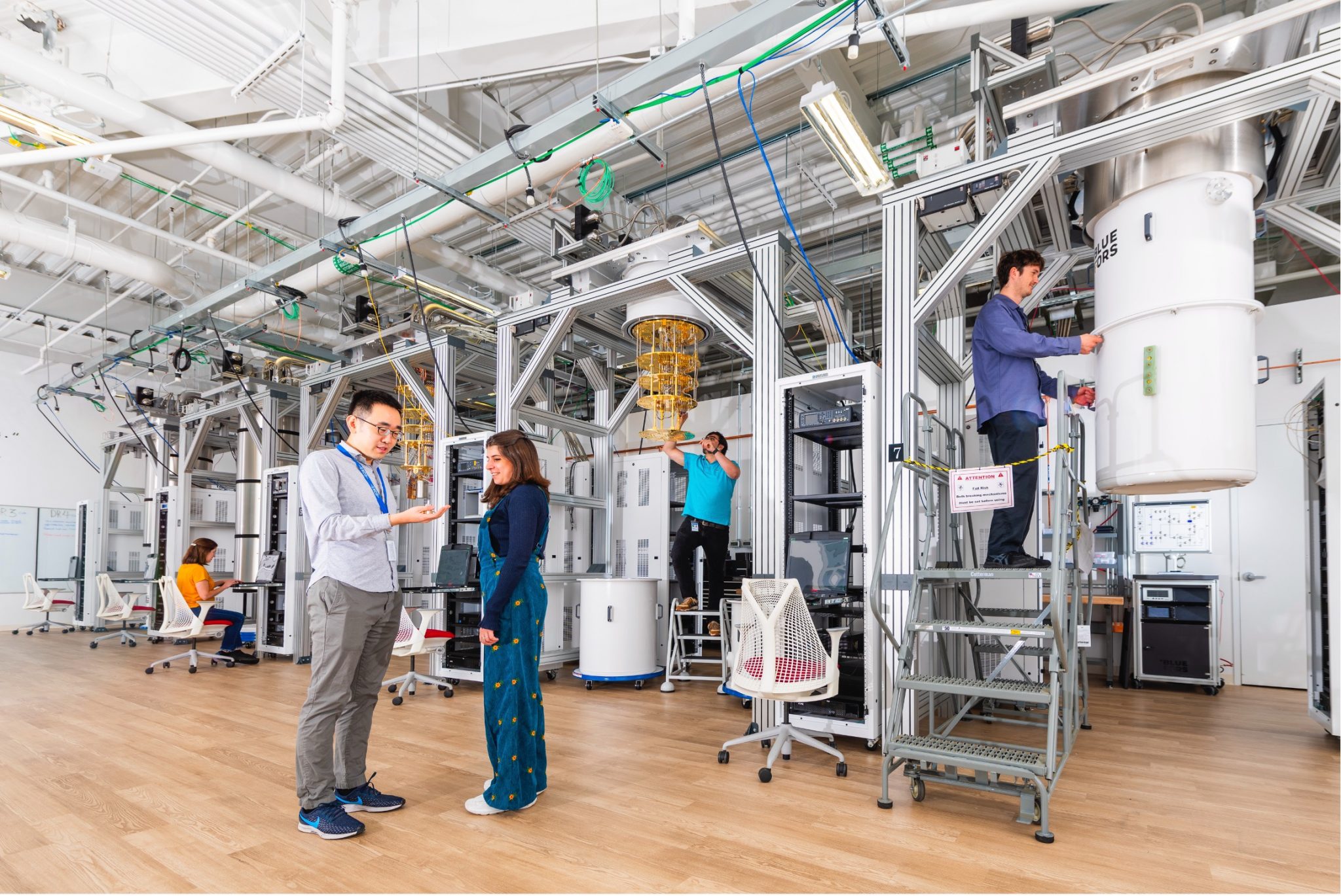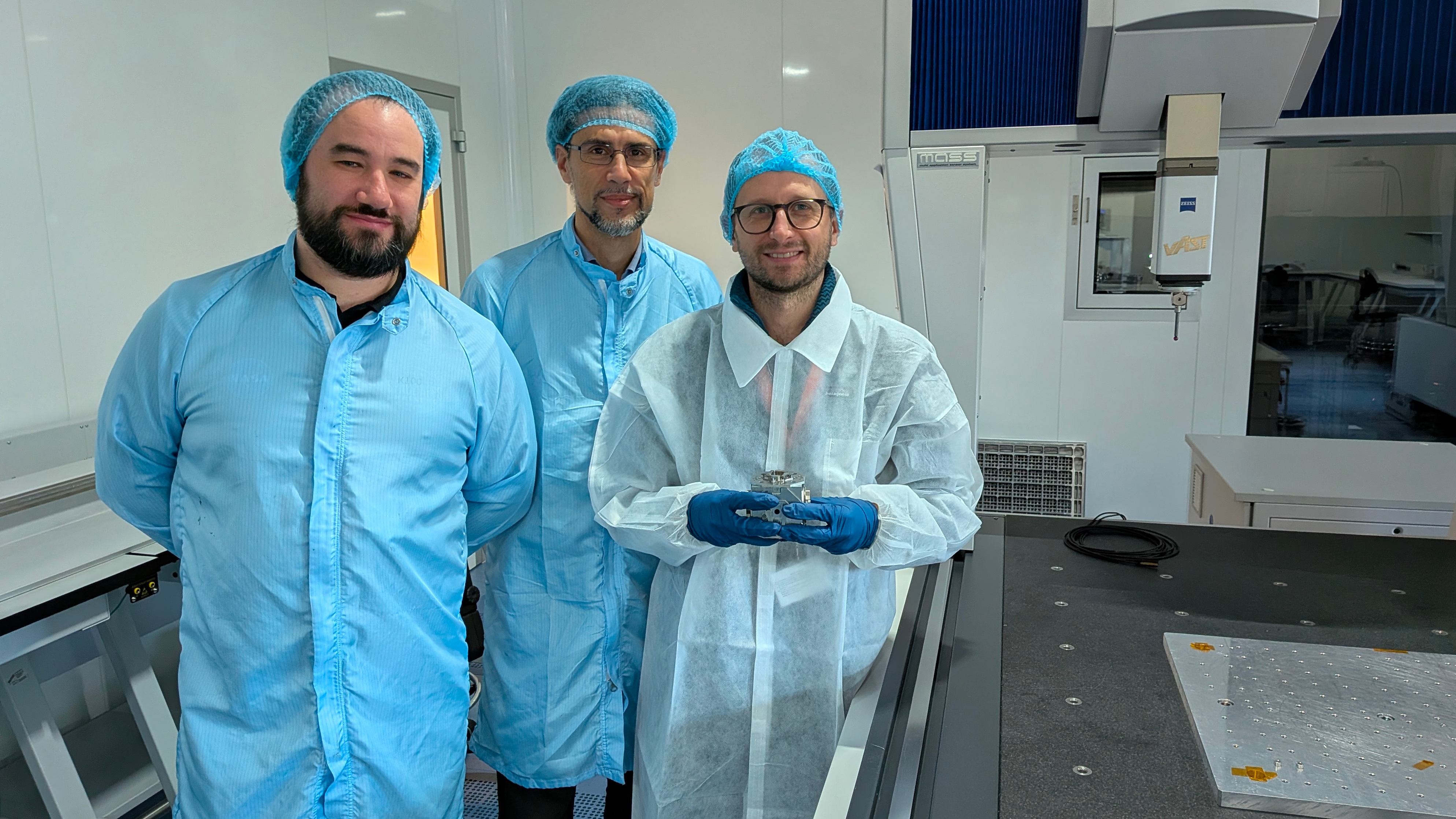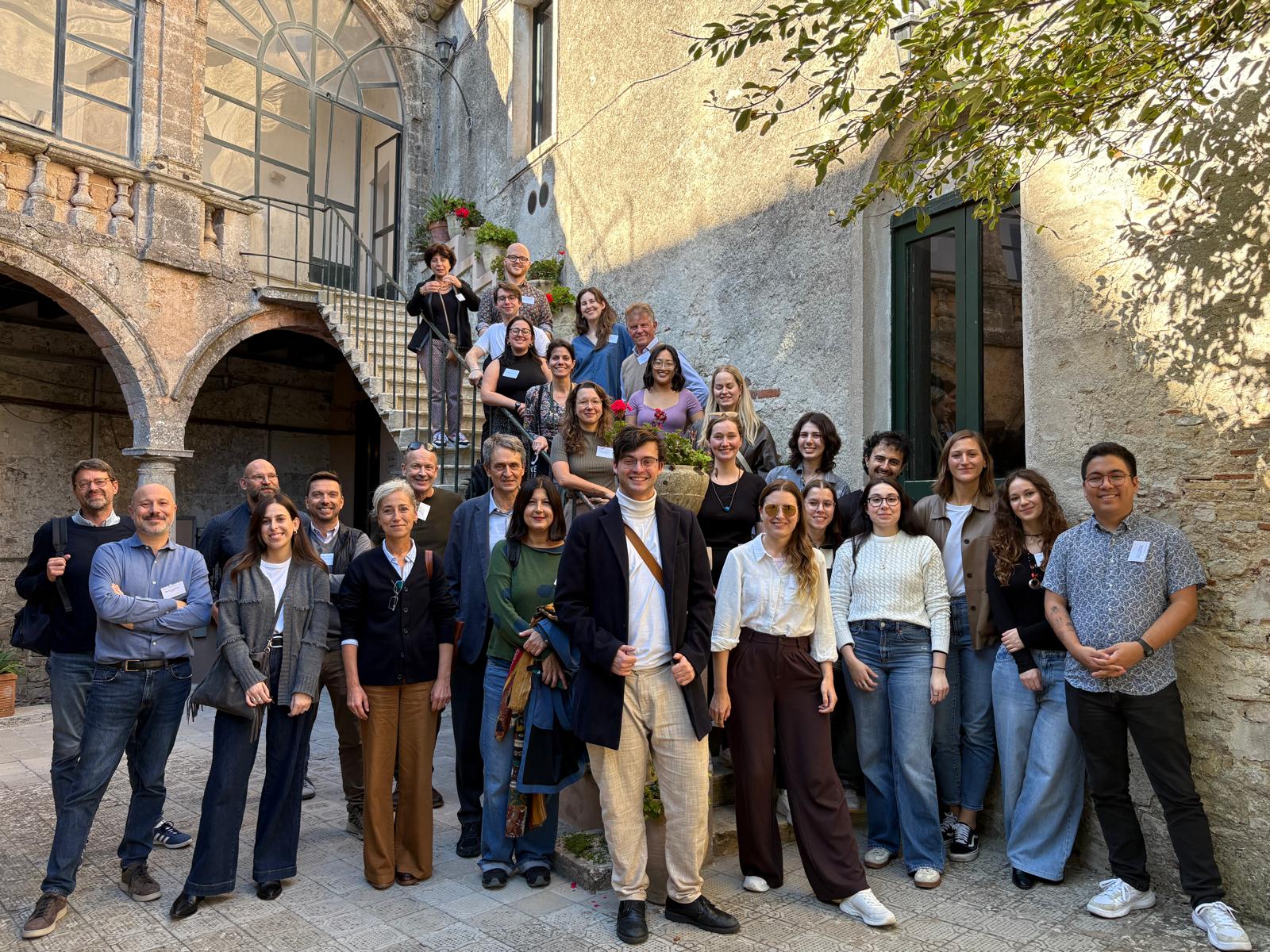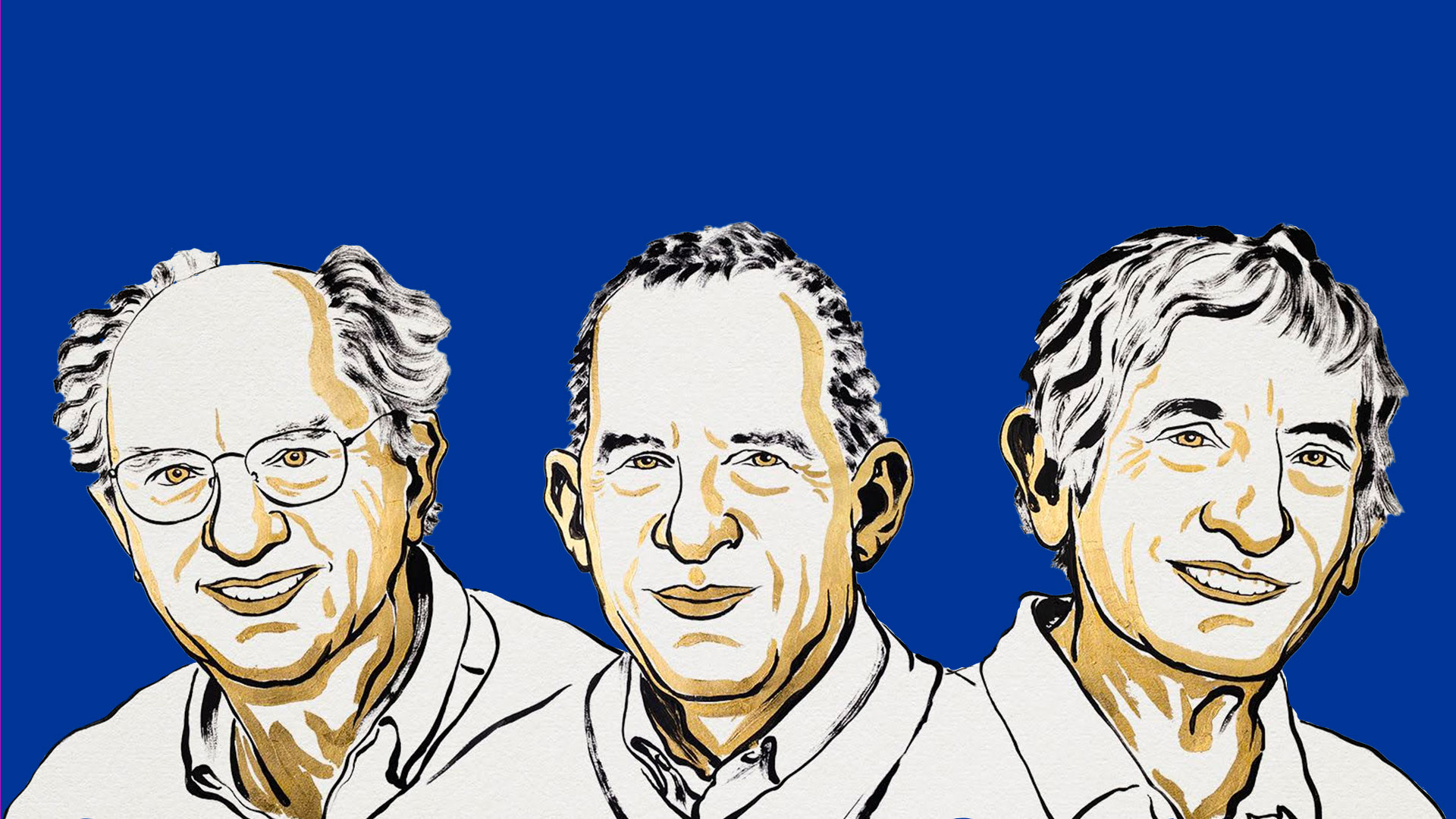 The leader of the most sensitive dark-matter experiment conducted to date will receive the 2019 Lancelot M. Berkeley – New York Community Trust Prize for Meritorious Work in Astronomy. The Berkeley prize is bestowed annually since 2011 by the American Astronomical Society (AAS) and supported by a grant from the New York Community Trust. Elena Aprile will give her prize lecture on Thursday afternoon, 10 January 2019, during the 233rd AAS meeting at the Washington State Convention & Trade Center in downtown Seattle. Elena Aprile, Professor of Physics at Columbia University in New York City, is being honored with the 2019 Berkeley prize for her leadership of the XENON project and its groundbreaking search for the weakly interacting massive particles (“WIMPs”) thought to make up the mysterious dark matter that appears to provide most of the universe’s gravitational pull. With its multiton liquid-xenon detector, XENON1T – at the Gran Sasso National Laboratory, LNGS in Italy, which is operated by the INFN – is currently the world’s most sensitive direct experimental search for dark matter. Aprile and her colleagues are narrowing the range of allowable particle masses and interaction strengths. WIMPs have almost nowhere left to hide, causing physicists and astronomers to rethink the nature of dark matter and to wonder if the particles might be much less massive than originally thought. Elena Aprile founded the XENON Dark Matter Collaboration in 2002 and has served as its scientific spokesperson ever since; her international team includes more than 165 scientists and students representing 24 nationalities and 21 institutions.
The leader of the most sensitive dark-matter experiment conducted to date will receive the 2019 Lancelot M. Berkeley – New York Community Trust Prize for Meritorious Work in Astronomy. The Berkeley prize is bestowed annually since 2011 by the American Astronomical Society (AAS) and supported by a grant from the New York Community Trust. Elena Aprile will give her prize lecture on Thursday afternoon, 10 January 2019, during the 233rd AAS meeting at the Washington State Convention & Trade Center in downtown Seattle. Elena Aprile, Professor of Physics at Columbia University in New York City, is being honored with the 2019 Berkeley prize for her leadership of the XENON project and its groundbreaking search for the weakly interacting massive particles (“WIMPs”) thought to make up the mysterious dark matter that appears to provide most of the universe’s gravitational pull. With its multiton liquid-xenon detector, XENON1T – at the Gran Sasso National Laboratory, LNGS in Italy, which is operated by the INFN – is currently the world’s most sensitive direct experimental search for dark matter. Aprile and her colleagues are narrowing the range of allowable particle masses and interaction strengths. WIMPs have almost nowhere left to hide, causing physicists and astronomers to rethink the nature of dark matter and to wonder if the particles might be much less massive than originally thought. Elena Aprile founded the XENON Dark Matter Collaboration in 2002 and has served as its scientific spokesperson ever since; her international team includes more than 165 scientists and students representing 24 nationalities and 21 institutions.
You might also be interested in

Quantum computing: INFN and the US SQMS laboratory renew their collaboration

Search for new physics: a possible new approach from bent crystals

Einstein Telescope: Lusatia officially enters the competition

Detecting gravitational waves from space: first steps for the LISA mission

ORIGINS. Exploring Science Communication and Journalism
